Chromá Czech Corpus
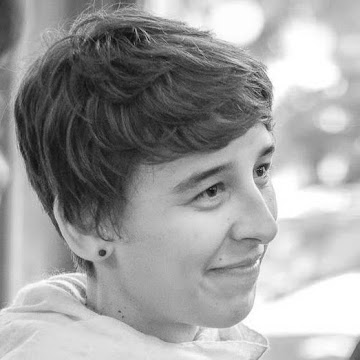
|
Anna Chromá
Faculty of Arts
Charles University, Prague
anna.chroma@ff.cuni.cz
|
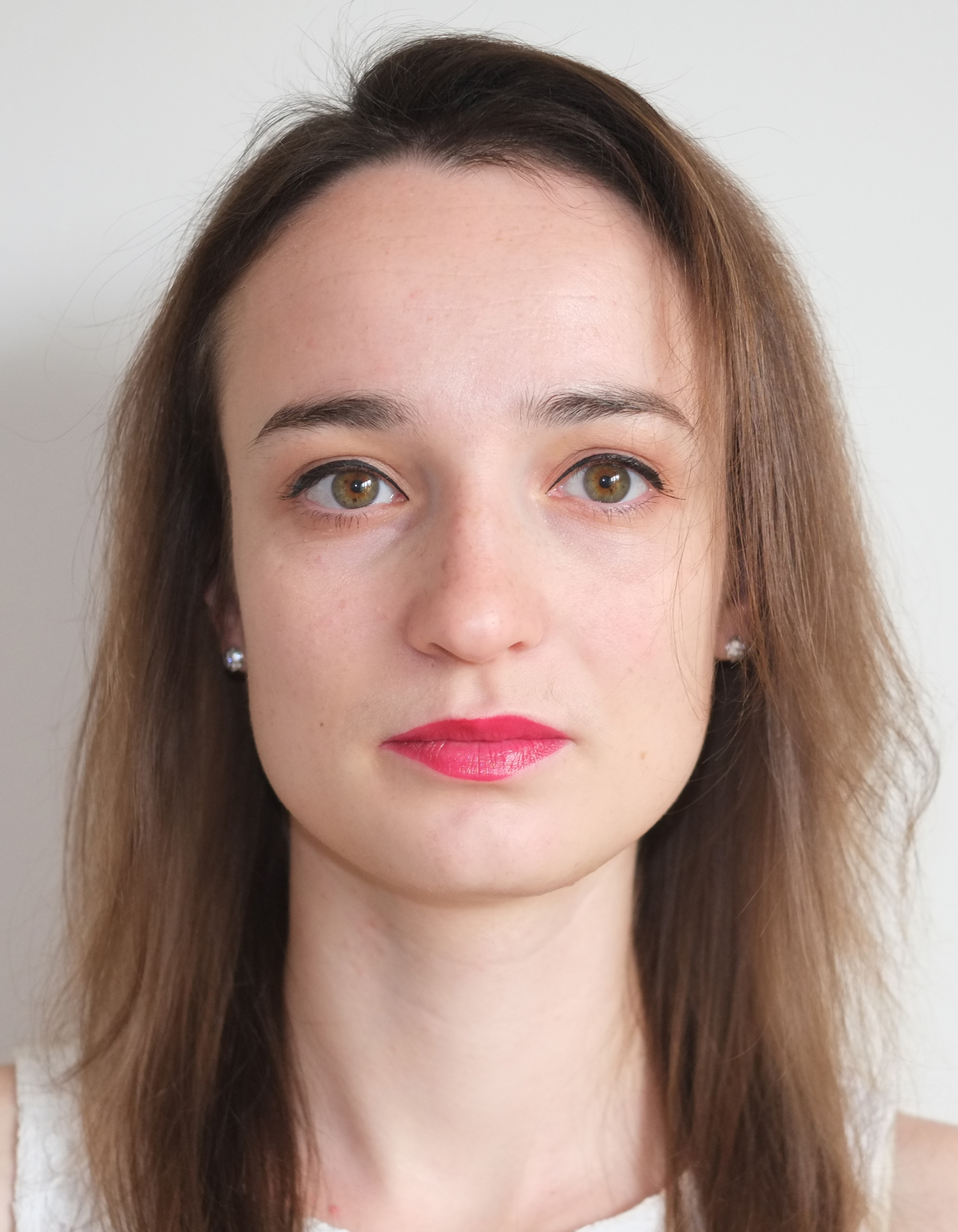
|
Klára Matiasovitsová
Faculty of Arts
Charles University, Prague
klara.matiasovitsova@ff.cuni.cz
|
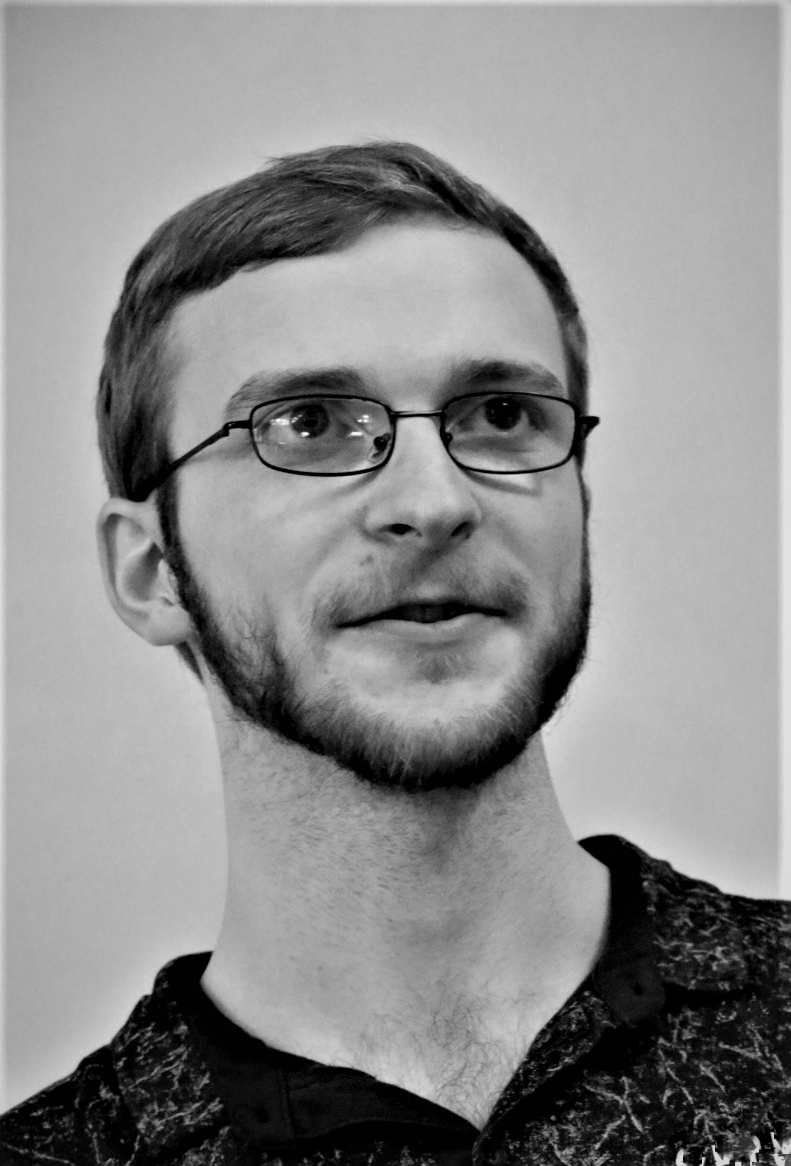
|
Jakub Sláma
Czech Language Institute
Czech Academy of Sciences
slama@ujc.cas.cz
|
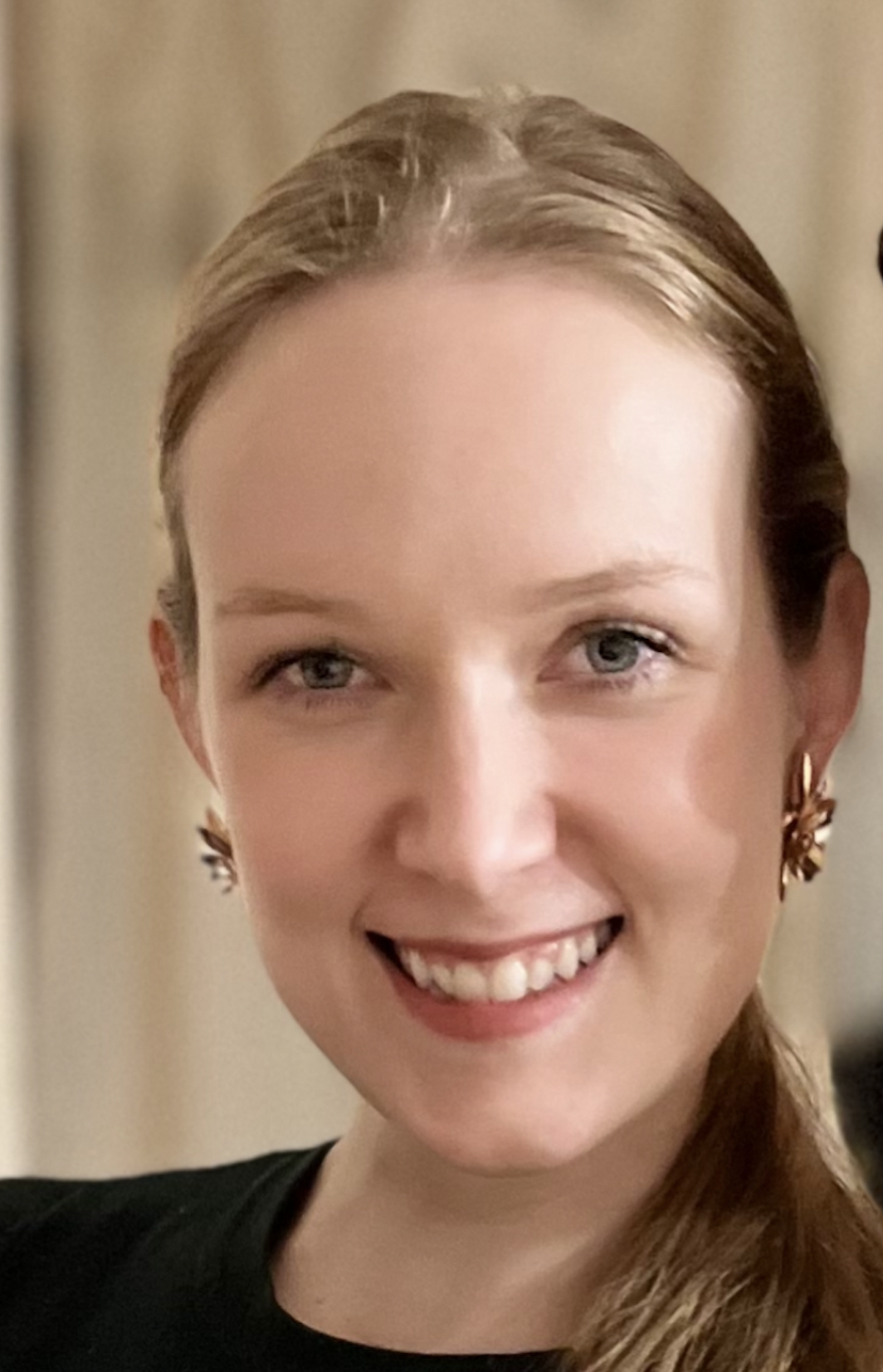
|
Jolana Treichelová
Faculty of Arts
Charles University, Prague
jolana.treichelova@ff.cuni.cz
|
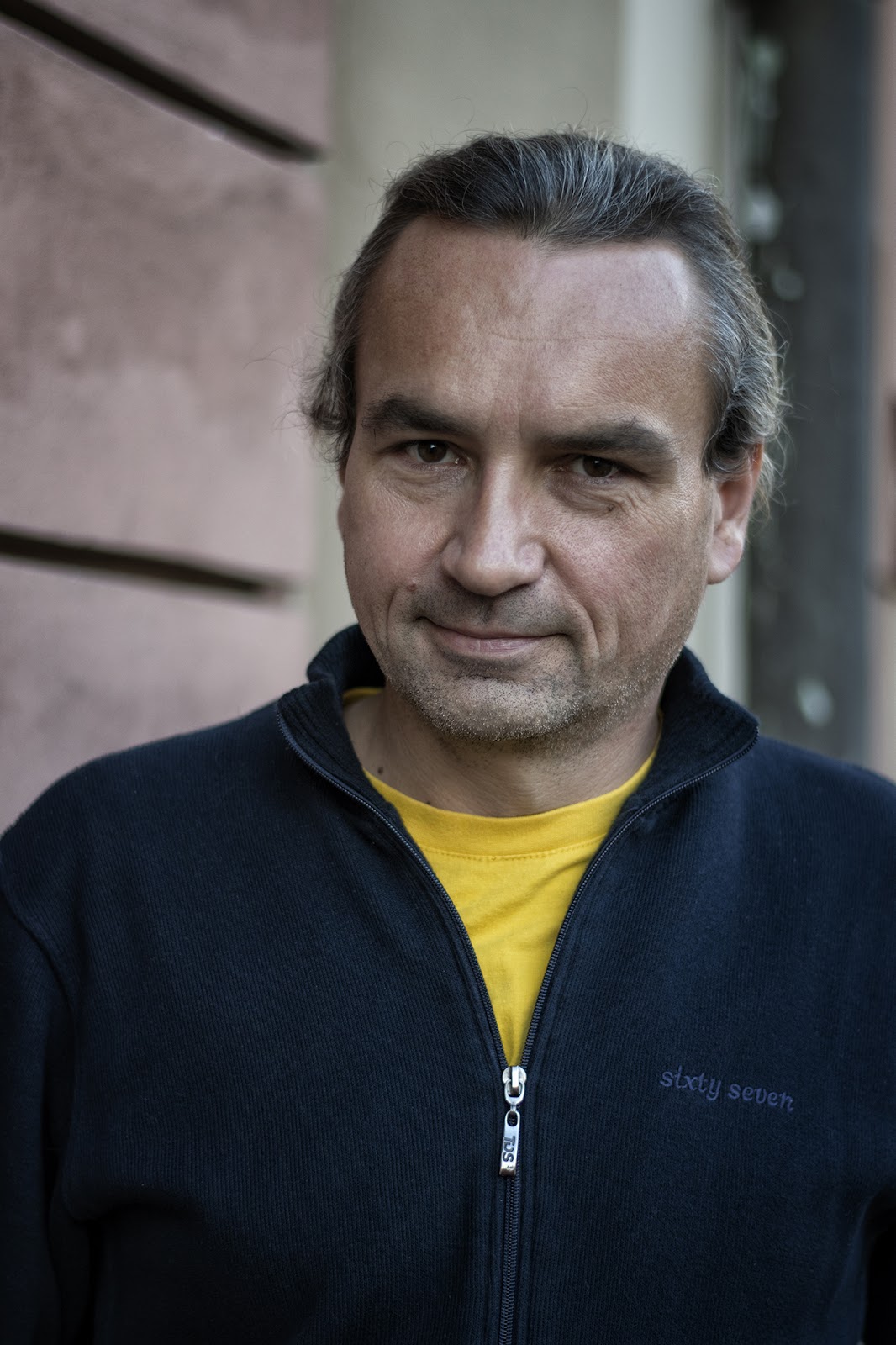
|
Filip Smolik
Institute of Psychology, Czech Academy of Sciences & Faculty of Arts
Charles University, Prague
smolik@praha.psu.cas.cz
|
| Participants: | 7 |
| Type of Study: | longitudinal |
| Location: | Czech Republic |
| Media type: | audio, not available |
| DOI: | doi:10.21415/3ZNE-HX03 |
Browsable transcripts
Download transcripts
Citation information
When using data from the Chroma corpus in any of its published versions, please cite the following article:
Chromá, A., Sláma, J., Matiasovitsová, K., & Treichelová, J. (under review). A morphologically annotated longitudinal corpus of spoken Czech child-adult interactions. Language Resources and Evaluation.
Project Description
This is a corpus of transcribed spontaneous child-adult interactions in Czech. It consists of 99,358 tokens in 41,585 utterances produced by seven children between ca 1.5 to 3.5 years of age, and 238,073 tokens in 60,734 utterances produced by their close caregivers in everyday situations at home. The corpus covers language production of the children from the mean length of 1.01 word per utterance up to 5.33 words per utterance. The length of the recorded period ranges for individual children from 11 to 27 months. The transcripts of both child and adult utterances were lemmatized and tagged using MorphoDiTa, a tool for automatic morphological analysis of Czech. The annotation was transformed into the MOR format.
Details on procedure, participants, and morphological annotation are to find in Chromá et al. (under review) (see above) and at the homepage of the CoCzeFLA group and at this page.
Warnings
- During transcription, we did not pay particular attention to the %pho tier, the pseudophonological transcription in Chroma corpus is very approximate. Researchers interested in the phonetical/phonological aspects of the data should contact the group CoCzeFLA to get the recordings.
- There is no translation to English or any other languages. All the transcribed material as well as all the comments are in Czech only.
- Two transcripts (Julie20221, Klara30424) from the previous version were removed since they did not meet our criteria on dialogical format. All transcripts of recordings made during one day were merged into one file. Thus, version 2023.07 consists of 183 files/transcripts.
- Some of the coding principles were changed during the longitudinally ongoing project. The first version of Chroma corpus (2019.07) was transcribed according to the Manual v1.0; the added seventh child Sara was transcribed according to the Manual v2.0; and the currently published morphologically annotated version (2023.07) was additionally revised according to the Manual v3.0 (overview over the applied codes see in ‘CHAT_for_CoCzeFLA’ on our homepage). As a result, the main lines of Chroma 2023.07 differ from the first version 2019.07 consistently in the following:
- the code yyy was eliminated: mostly, it was replaced by xxx; sometimes, the produced form was reconstructed from the %pho tier or the recording;
- a white space was added in front of terminal punctuations and colons;
- the use of underscores was limited to a narrowly defined subgroup of interjections; in other cases, the underscores were simply removed or replaced by parentheses (see also ‘CHAT_for_CoCzeFLA’ above);
- the codes @d for dialectal forms and @f for family-specific forms were eliminated; their use was inconsistent and rare;
- in error coding, the spike brackets for scope <> were eliminated and the code [*] is now placed consistently at the end of the given utterance (before the terminal punctuation);
- (some) typos and coding errors were corrected.
Some other codes are applied inconsistently in Chroma 2023.07 because of the changes in the transcription system. It applies to the following:
- The use of spike brackets for determining one-word scope of the following code, e.g., [//], was introduced in the transcription of Sara, however, the brackets are not used in the first six children with this function;
- The use of <> [!] code for accent was applied in Chroma 2019.07 but abandoned while transcribing Sara. It was not eliminated but even in the first six children, the code is used inconsistently.
- The use of alternative transcript suggestions in case of uncertainty [? alternative] was applied in Chroma 2019.07 but abandoned while transcribing Sara.
- The use of comments within the main line in form of bracket codes [=! comment] was applied in Chroma 2019.07 but abandoned while transcribing Sara.
Identity protection
For each participating child, both his/her parents (as well as other participating caregivers) gave an informed consent for the use of the data. For the target children, we consistently use aliases that respect at least some of the morphological and phonological aspects of their original names. The corresponding hypocoristics were created from the aliases as well. With a few exceptions, the first names of other participants are not replaced. Surnames and addresses are replaced by a code zzz and commented on the %com tier.
Restrictions
There are no restrictions on the use of the transcripts.
Specific Codes
There are three codes of our own for the usage of interjection with the
function of a predicate @z:ip, of a nominal phrase @z:in, and of an
adjective @z:ia.
History and Aknowledgements
Scholarships from Faculty of Arts, Charles University were drawn for transcribing and proofreading students already at the very beginning of CoCzeFLA in the years 2014–2015. In these years, the project was supported within the AKCES framework (initiated by prof. Karel Šebesta). Subsequently, Anna Chromá’s project ‘Longitudinální korpus raného vývoje řeči’ (No. FF_VG_2016_16) received faculty support for the next two years. Between the years 2016–2017, this project provided financial rewards for the coordinator – Anna Chromá – and both transcribing and proofreading students. Thanks to this support, a substantial part of the first version of the Chroma corpus (2019.07) was created.
After the end of this project, CoCzeFLA continued to draw scholarships from Faculty of Arts for transcribing and proofreading students within the large infrastructure project LINDAT/CLARIAH-CZ (No. LM2023062, earlier LM2018101) funded by the Ministry of Education, Youth and Sports of the Czech Republic. Since 2021, Anna Chromá has been employed as a data curator at Faculty of Arts within LINDAT.
In the years 2021–2023, the project of Klára Matiasovitsová ‘Nominal morphological categories and the mean length of utterance in a longitudinal corpus of early language development’ was funded from university sources invested into the program ‘Grant Schemes at Charles University’ (CZ.02.2.69/0.0/0.0/19_073/0016935). The morphologically annotated version of the Chroma corpus (2023.07) was created thanks to this support.
We are grateful to the following students who participated in the transcription of recordings, the revision of transcripts, and the manual control of the automatic morphological annotation (in alphabetical order): Markéta Baslová, Kateřina Bělehrádková, Tereza Binderová, Barbora Blahnová, Iurii Bochkov, Jan Henyš, Alžběta Macháčková, Anna Marklová, Martin Pavlíček, Jan Pinc, Tereza Šátavová, Denisa Šebestová, Jana Segi Lukavská, Kateřina Šimková, Leona Straková, Tomáš Treichel, Štěpánka Tvrdíková, and Martina Vokáčová. We also thank our collaborator Petra Čechová who participated in the process of morphological annotation, and our mentor, Filip Smolík, whose contribution to the entire project has been invaluable.




